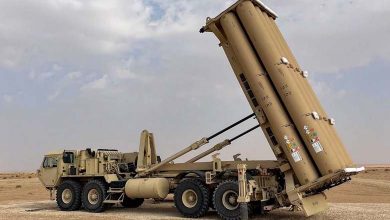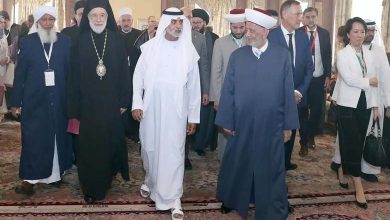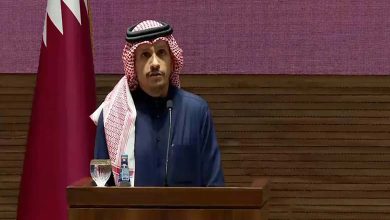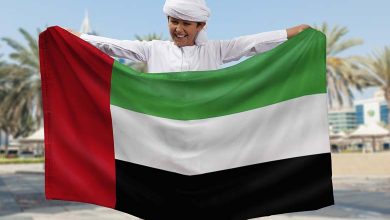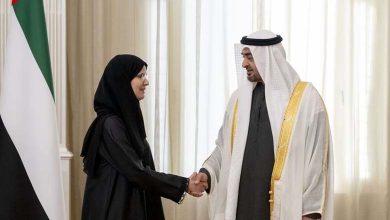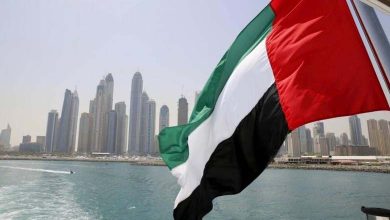Riyadh reopens borders with Qatar as MB leaders left to Malaysia
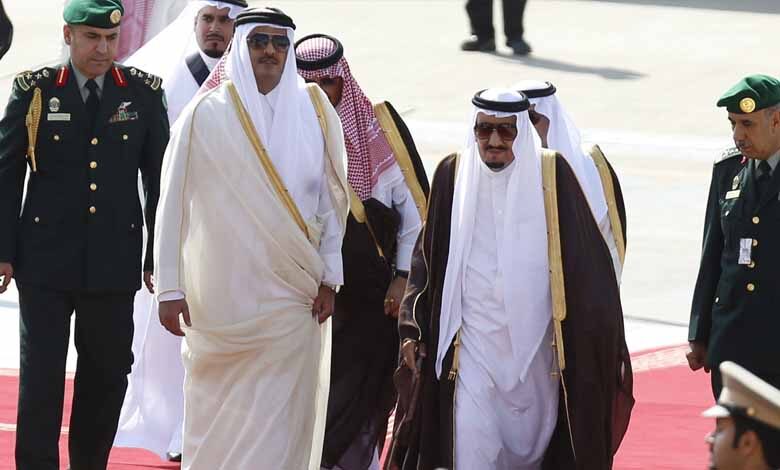
The State of Qatar on Thursday greeted Saudi Arabia’s choice to reopen the countries’ border to Hajj pilgrims. “The government of Qatar welcomes the decision and will respond positively,” affirmed the tiny Emirate’s Foreign Minister, Mohammed bin Abdulrahman al-Thani, adding that the initial Saudi decision to close the border was political, as it is the decision to reopen. The Foreign Minister indicated that what is important for Doha is that its citizens now have a way to attend the hajj, the holy trip for Muslims.
Saudi tv channel Al Arabiya reported that 50 Qatari travelers entered Riyadh last week after authorities reopened the frontier. Saudi leadership also affirmed that private jets belonging to Saudi airlines be sent to Doha’s airport “to bring all Qatari pilgrims at his expense”, according to Al Arabiya TV. It is the first such passage since Saudi Arabia and other Arab countries began a blockade on Qatar in June, for its support to terrorist groups, including Daesh and Al-Qaeda. According to several reports, the decision of Saudi king follows Qatar’s expulsion of Muslim Brotherhood leaders from its territory.
Previously the head of the Muslim Brotherhood’s international organization told Arab channels that many of the members of the group, well known for its terrorism support worldwide, who were expelled from Qatar last month, made their way to Malaysia or Turkey. MB leaders expelled by Doha to reconcile with Riyadh have in fact obtained visas or residency permits in Malaysia, which made their living or residing there an easy subject.
Local sources confirmed that many leaders of the Muslim Brotherhood living in Qatar had been requested to depart the country by the officials. Brotherhood sources also confirmed that outside pressure was behind the expulsions, in a move by the Qatari government to appease Saudi Arabia, concerned over Qatar’s willingness to harbor Muslim Brotherhood associates in its territory.
The Muslim Brotherhood played a destabilizing role in North Africa and the Middle East. The Islamist entity is behind the prolonged conflict in Syria, Libya, Iraq, Yemen, and Afghanistan. And it is also responsible for the recent terror attacks in European cities. Following the 2011 Arab Spring, the Muslim Brothers took control of many countries.
In Tunisia, the group took control of institutions by plundering the Tunisian people of their resources, destroying the state system, and bribing officials. In Libya after the fall of Muammar Gaddafi, the Islamist Brotherhood destroyed the state apparatus and the security forces, favouring the proliferation of militias, terrorist groups, and international smuggling and trafficking networks with which it finances its activities, as well as controlling the financial institutions of the country.
Also, in Egypt, they took control of the Government after the downfall of President Hosni Mubarak in 2011 proved short-lived, with the subsequent ouster of president Mohamed Morsi, who was a senior Muslim Brotherhood leader. Contemporary Al-Qaeda leader Ayman Al-Zawahiri, wanted by the U.S. FBI, was a former member of the Islamist organization before he left to co-found the terror group with Osama bin Laden.


